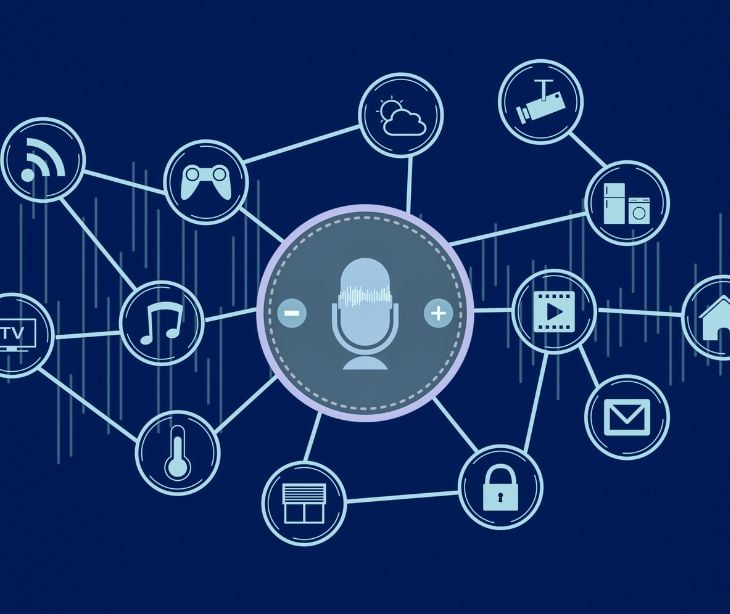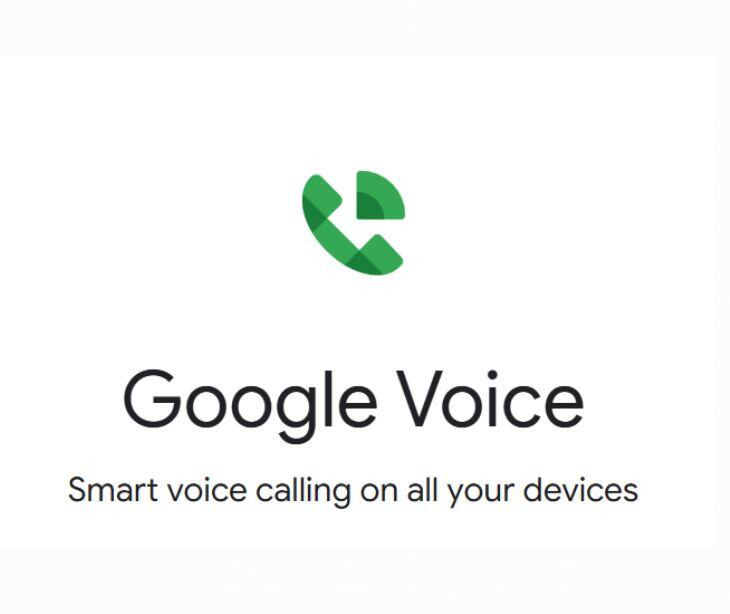
HIPAA compliant VoIP is an essential aspect of secure healthcare communication. Healthcare organizations can ensure compliance and benefit from the advanced features of VoIP technology by understanding the requirements and selecting appropriate platforms. Configuring platforms and providing workforce training are essential to maintaining HIPAA compliance in VoIP communications.
What is VoIP?
According to Federal Communications Commission, “Voice over Internet Protocol (VoIP), is a technology that allows you to make voice calls using a broadband Internet connection instead of a regular (or analog) phone line”. It offers cost efficiency, scalability, and advanced features that make it popular among businesses of all sizes. In healthcare, VoIP has evolved to support secure messaging, video conferencing, and AI-powered customer contact centers.
While some circumstances may not require HIPAA compliance for VoIP communications, any disclosure of protected health information (PHI) falls under HIPAA regulations. Compliance extends beyond the security rule to encompass the privacy rule standards, which involve verifying consent and disclosing the minimum necessary PHI.
Go deeper:
- What is the HIPAA Security Rule?
- What is the HIPAA Privacy Rule?
- What is the Minimum Necessary Standard?
The benefits of VoIP in healthcare
VoIP in healthcare benefits communication between professionals and patients. It streamlines communication through voice calls, video calls, and instant messaging. This is especially useful in telemedicine, where in-person appointments may not be possible.
Additionally, VoIP helps increase operational efficiency and reduce costs. Unlike traditional communication systems, VoIP operates over existing internet connections, eliminating the need for extensive hardware investments and maintenance. The scalability of VoIP allows healthcare providers to adjust communication capacities according to their needs, making it a cost-effective solution.
Read also: VoIP Providers and HIPAA Compliance: The Ultimate Guide
HIPAA and VoIP
Most healthcare organizations using VoIP communications rely on third-party service providers. These providers may include major names such as Microsoft, Google, Zoom, Verizon, Vonage, and RingCentral. When these providers handle PHI, they qualify as business associates and assume responsibilities for providing a HIPAA compliant VoIP service.
VoIP service providers must incorporate administrative, physical, and technical safeguards outlined in the HIPAA security rule. They must also establish business associate agreements (BAAs) to address administrative requirements. While service providers design their services to include the necessary controls for compliance, it is ultimately the responsibility of covered entities and business associates to configure the platforms accordingly.
Read also: What are administrative, physical, and technical safeguards?
Making VoIP HIPAA compliant
To ensure HIPAA compliance with VoIP communications, healthcare organizations should follow several steps:
Select an appropriate platform
When choosing a VoIP platform, consider its compliance capabilities. While many platforms support voice communication, not all may support secure messaging or meet other HIPAA requirements. Ensure the selected platform aligns with HIPAA standards and offers encrypted communication channels.
Configure the platform
Proper configuration is necessary to avoid HIPAA violations and data breaches. Platforms typically provide instructions for configuring their services to comply with HIPAA standards. System administrators should focus on configuring features such as call forwarding, voice call storage, and call screening to maintain compliance.
Train members of the workforce
Proper training ensures that employees understand permissible uses and disclosures of PHI, consent requirements, and the minimum necessary standard. In addition to privacy rule training, reinforcing security rule best practices, such as device security and incident reporting is necessary.
In the news
Broadvoice, a prominent VoIP provider for small- and medium-sized businesses, exposed over 350 million customer records from its "b-hive" cloud-based communications suite. This included hundreds of thousands of sensitive voicemail transcripts containing medical and financial information. Researchers at Comparitech found that Broadvoice left an Elasticsearch database open to the internet without authentication, exposing 275 million records with caller details and 2 million voicemail transcripts. This data leak posed significant privacy and fraud risks. Broadvoice secured the database the same day it was discovered and stated there was no evidence of data misuse.
FAQs
Does HIPAA apply to VoIP services used in healthcare?
Yes, HIPAA regulations apply to VoIP services used in the healthcare industry. Any VoIP solution that stores, transmits, or processes PHI must comply with HIPAA's privacy and security standards.
Do I need consent to use HIPAA compliant VoIP in healthcare?
Yes, healthcare providers generally need to obtain patient consent before using HIPAA compliant VoIP services to communicate with them. This ensures that patients are aware of the technology being used and have given their approval for the secure transmission of their PHI.
What features should I look for in a HIPAA compliant VoIP system?
When selecting a HIPAA compliant VoIP provider, features to look for include EHR integration, encryption, role-based access control, detailed audit logging, signed BAAs, and well-defined retention policies for call logs and recordings.


%20-%202024-10-09T173313.795.jpg)

%20-%202024-10-24T161542.045-1.jpg)